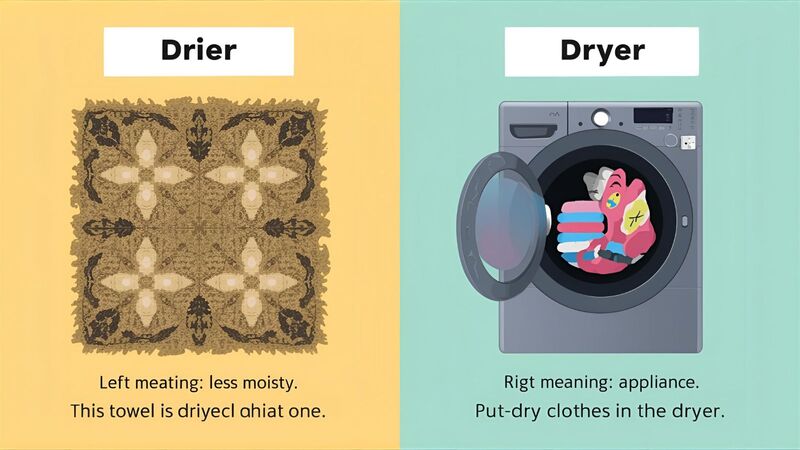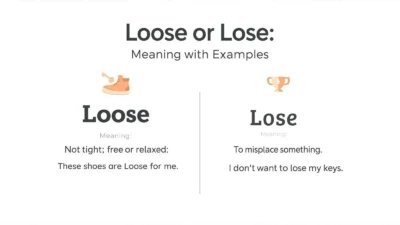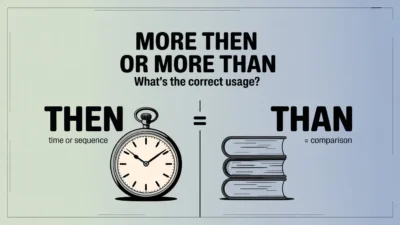Many English learners and even native speakers often pause when typing: should it be “drier” or “dryer”? The two words look similar, sound the same, but carry different meanings depending on context.
This small spelling difference can cause big confusion in professional writing, academic work, and even casual emails.
People search for this keyword because they want a quick, clear answer: is it a spelling error, a regional difference, or a matter of usage?
The truth is that both spellings are correct—but they are not always interchangeable.
Understanding the difference between drier (comparative adjective) and dryer (noun) helps avoid mistakes and improves writing clarity.
In this article, we’ll explain the quick answer, the origins of the words, British vs American usage, common mistakes, and real-world examples.
By the end, you’ll know exactly when to use drier and when to use dryer—whether you’re writing for a US audience, UK readers, or global communication.
Drier or Dryer – Quick Answer
- Drier → comparative adjective of dry (e.g., “The desert is drier than the coast”).
- Dryer → noun, a machine that removes moisture (e.g., “The clothes are in the dryer”).
👉 Quick rule: Drier = adjective, Dryer = noun.
The Origin of Drier or Dryer
Both words come from the Old English word drȳge (dry). Over time, English developed two variations:
- Drier → kept its role as an adjective, following standard grammar rules for comparatives (adding “-er”).
- Dryer → evolved into a noun meaning “one that dries” (a device or tool).
The confusion exists because both words are spelled almost the same, but English allows slight shifts in meaning over centuries.
British English vs American English Spelling
In American English, “dryer” is almost always used for machines (clothes dryer, hair dryer). “Drier” remains the adjective form.
In British English, the rules are the same—but in older texts, “drier” was sometimes also used as a noun. Modern UK usage now follows the US distinction.
Comparison Table:
| Usage | American English | British English |
| Comparative adjective | Drier | Drier |
| Machine (noun) | Dryer | Dryer |
| Old-fashioned noun use | Rare | Sometimes in old texts |
Which Spelling Should You Use?
- US readers → Always use dryer for machines and drier for adjectives.
- UK/Commonwealth → Same rule applies, but “drier” as a noun may appear in old writing. Avoid it today.
- Global audience → Stick with the modern rule (dryer = machine, drier = adjective) for clarity.
Common Mistakes with Drier or Dryer
- Writing “hair drier” instead of “hair dryer.”
- Using “dryer” in “The weather is dryer today” (should be drier).
- Confusing spellings in professional documents.
- Using “dryer” as an adjective (incorrect).
- Forgetting that “dryer” is always a thing (noun).
Drier or Dryer in Everyday Examples
- Email: “The office feels much drier after the air conditioning was fixed.”
- News: “A new energy-efficient clothes dryer has been released.”
- Social Media: “It’s getting drier every summer here.”
- Formal writing: “The machine functions as an industrial dryer for grains.”
Drier or Dryer – Google Trends & Usage Data
Google Trends shows that “dryer” is searched more often in the US, especially in relation to home appliances.
In contrast, “drier” is searched more in academic or climate-related contexts (weather, skin, plants).
Usage Comparison Table:
| Word | Context | Popular Regions |
| Drier | Weather, science, health, comparisons | UK, US, global |
| Dryer | Appliances, tools, technology | US, Canada, Australia |
FAQs:
1. Is “dryer” ever correct as an adjective?
No. Dryer is a noun only. Use drier for the adjective.
2. Can I write “hair drier”?
No. The correct term is hair dryer.
3. Do British people spell it differently?
No. Both US and UK English use the same rule today: drier (adjective), dryer (noun).
4. Which is more common, “drier” or “dryer”?
Dryer is more common in everyday searches because of appliances, but drier appears more in science and news contexts.
5. Is “dryer” short for “clothes dryer”?
Yes. In casual English, “dryer” usually means a clothes dryer.
6. Why does English have both spellings?
Because one evolved as a comparative adjective and the other as a noun from the same root word.
7. Can I say “more dry” instead of “drier”?
Yes, but “drier” is shorter, simpler, and more common.
Conclusion
The difference between drier and dryer is simple but important. Drier is always an adjective, used to compare levels of dryness.
Dryer is always a noun, meaning a machine or tool that removes moisture. While old British texts sometimes used drier as a noun, modern English everywhere follows the same rule.
When writing for global audiences, stick with the easy guideline: Drier = adjective. Dryer = noun. Following this rule avoids confusion in academic writing, professional reports, and casual communication.
So next time you type “drier or dryer,” you’ll know exactly which one to choose—and your writing will stay clear and professional.

Hi, I’m Jason Carter, the author behind GrammarNestly.com.
I’m a grammar expert with a passion for helping readers understand the English language in a simple and practical way.
I love breaking down confusing grammar rules and turning them into easy, everyday lessons that anyone can follow.



